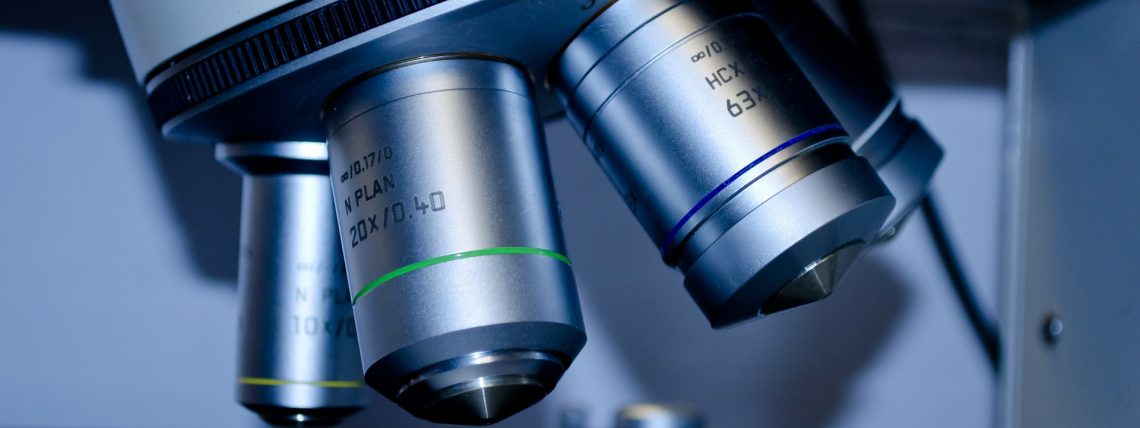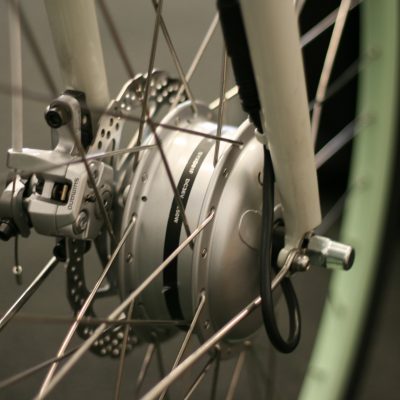On 9 February 2017, the Belgian Parliament adopted the law on the introduction of the innovation income deduction. This law introduces a new regime replacing the existing Belgian tax-friendly regime of patent income deduction.
The objective of this measure remains to be the stimulation of innovation by research and development.
Income from breeders’ rights, orphan medicinal products, data- or market exclusivity and copyright-protected software will henceforth also qualify for the deduction.
Income from copyrighted computer programs can qualify for the deduction if the computer program is considered “fundamental, experimental or an industrial development” and in case it has not generated any income prior to 1 July 2016.
Any modifications or improvements to programs that existed prior to 1 July 2016 generating income after 1 July 2016 qualify for the deduction, but merely in relation to the income that can be attributed to the modifications or improvements.
All marketing-related intellectual property is excluded from the innovation deduction. As such, any income from names, logos, shapes, … intended to distinguish a product or service, does not qualify.
The rate of the deduction is raised from 80% to 85%.
The change originates from the BEPS Action Plan (Base Erosion and Profit Shifting Plan of the OECD). The Action Plan mainly concerns preferential tax regimes. The Member States are required to align their regimes with a number of minimum standards, such as the Nexus-approach. The Nexus-approach aims to make the benefit of the preferential tax regime conditional to sufficient economic substance in the concerned Member State. Following the OECD-Report, the existing patent income deduction regime had to be reformed by 30 June 2016.
The Nexus-approach contains a number of provisions making the conditions for deduction stricter. Under the new regime, the exemption only applies to the net income from intellectual property, after the deduction of the related expenses for research and development. Moreover, the deduction is restricted to income from intellectual property obtained through research and development activities actually carried out by the enterprises themselves.
The new regime comes into force retroactively as of 1 July 2016. The government has established a transitional arrangement allowing enterprises to remain subject to the old regime until 30 June 2021.
This transitional arrangement is only applicable to enterprises whose income from intellectual property benefitted from the old regime before 1 July 2016.
Income derived from patents that are applied for after 1 July 2016 can no longer be subject to the old regime.




